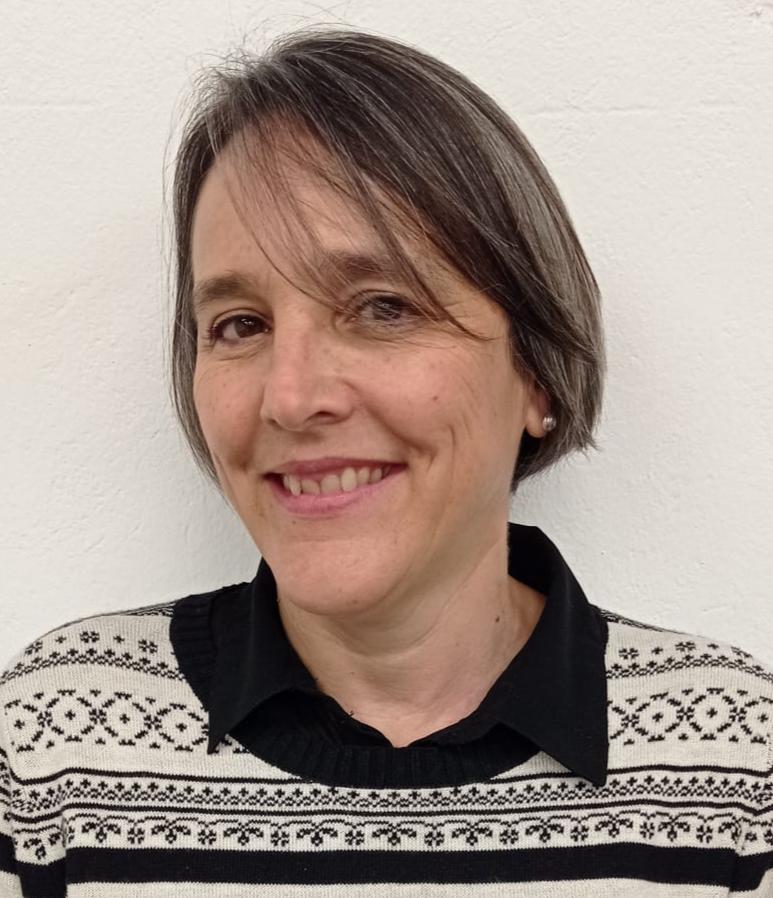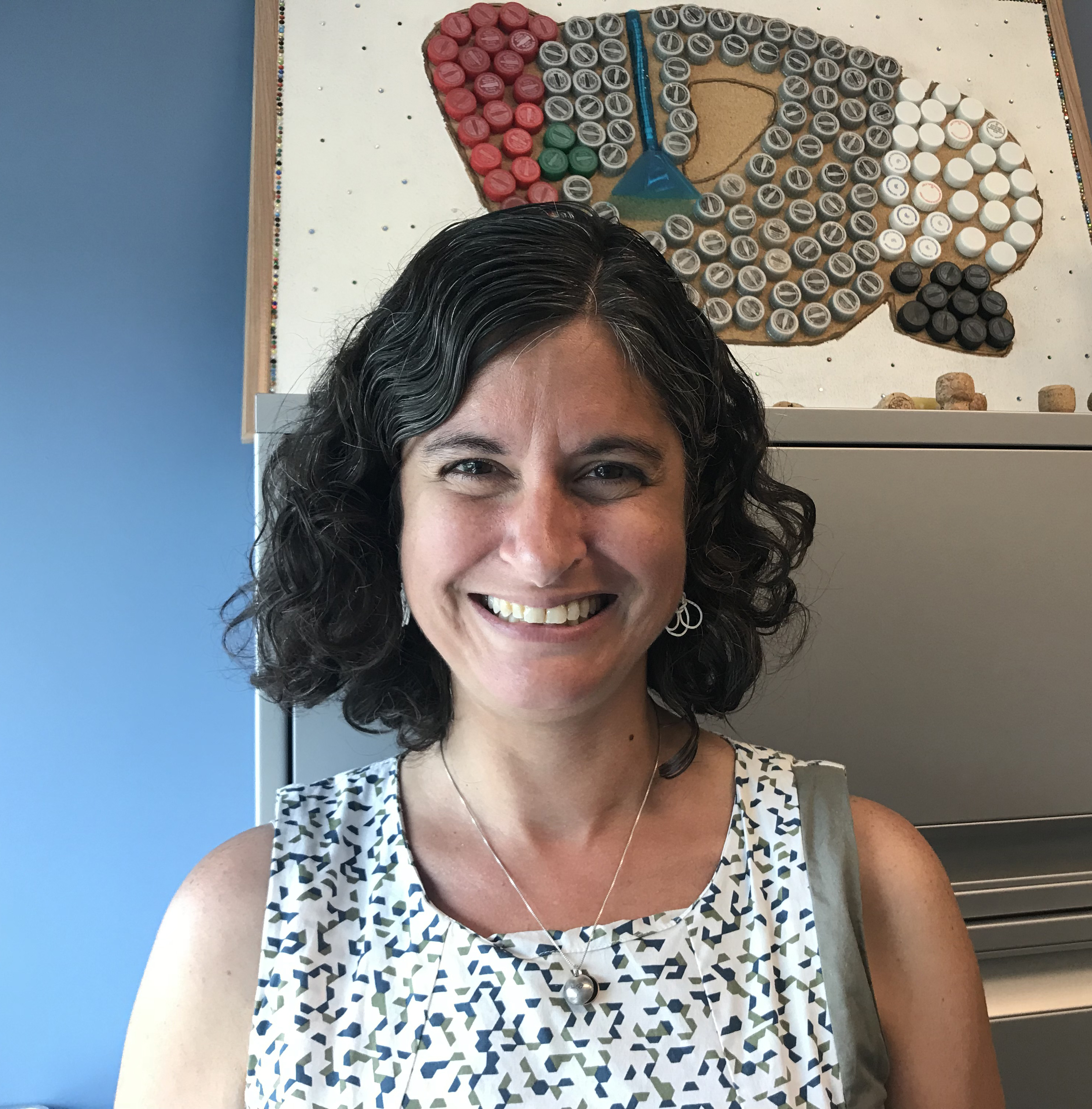ALBA Fireside Chats
A number of mentoring programmes in various formats have been developed in neuroscience and more broadly academic STEM settings to offer support and guidance for students from underrepresented groups in the early stages of their career. These targeted programs rely on national census data and guidelines on who qualifies as an underrepresented person in each region. This, among other reasons like poor mentor matching, size and resource limitations, make it difficult to reach a wider global audience with diverse needs.
Given the lack of data relating to diversity in the global brain sciences community, ALBA recognises the need to consider anecdotal information on region-specific circumstances, systemic barriers and intersectional factors that lead to more broad definitions and often invisible forms of underrepresentation. These local factors are bound to affect the mentoring needs, styles and outcomes in terms of career advancement as well as capacity development.
ALBA's aim with this series is to present to a general, broad audience of students and early career neuroscientists case studies on career progression, experience with mentoring (either as organiser or participant) and testimonials that will seek to understand what’s not working in existing mentoring programmes and listen to the unmet mentorship needs of the next generation of scientists in different regions across the globe.
Each session will include presentations by 1-2 speakers followed by thematic breakout rooms or Q&A.
-
Session 1 feat. Dr Angeline Dukes & Dr Florencia Fernández Chiappe
5th September 2023, 5pm CEST
More information on this event can be found here.
-
Session 2 feat. Prof. Patricia Gaspar, Prof. Erin Schuman, Prof. Denis Jabaudon
16th January 2024, 1pm CEST
With this session, our aim is to target end-stage PhD students based in India who are actively seeking insights and clarity regarding postdoctoral opportunities within the European neuroscience landscape.
More information on this event can be found here.
Organisers





